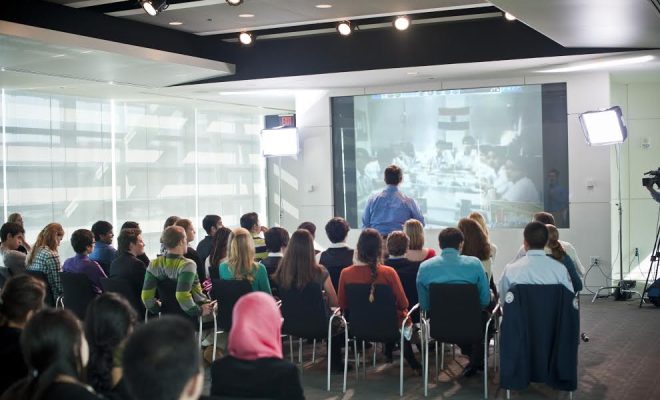Pass or Fail: Too Much Focus Placed on Early Literacy?

In this multi-part series, I provide a dissection of the phenomenon of retention and social promotion. Also, I describe the many different methods that would improve student instruction in classrooms and eliminate the need for retention and social promotion if combined effectively.
While reading this series, periodically ask yourself this question: Why are educators, parents and the American public complicit in a practice that does demonstrable harm to children and the competitive future of the country?
What fundamental skill do you think is the most important for students in elementary grades to master? If you said reading, the state of Colorado agrees with you. Below is how Colorado is leading the pack by placing primary focus on literacy skills.
Generally speaking, state-level emphasis on reading is one of the most prevalent trends for retention. Although retention is not the only (or even the main instrument) for addressing problems concerning the achievement of expected knowledge levels or skills at particular education phases. Other so-called “intensive interventions” include pulling struggling readers out of class for individual or small-group tutorials. Yet, retention for reading deficiency has become increasingly popular.
So far, thirteen states have adopted retention policies for kindergarten to third grade where there are significant concerns regarding literacy. Colorado is one of the key states shifting emphasis to early literacy, and it is looking to incorporate retention as a mainstream policy where there are literacy concerns by third grade. The passage of the Colorado READ Act marked the state’s official transformation to early literacy emphasis. Many Colorado educators hailed the bill as one of the most significant pieces of education legislation to pass in 2012.
Provisions of the Colorado state legislation are complex, however. It is, at the end of the day, a comprehensive effort to apply reading standards to education and implement retention as one strategy for addressing reading concerns. The Colorado READ Act calls for districts to report to the Colorado Department of Education on the number of students demonstrating problems with reading in kindergarten to third grade. The State Board of Education defines the criteria for significant reading deficiencies for the purpose of law. The state’s education department must also create and maintain a list of approved instructional and professional development programs that districts can use to address literacy problems as early as possible. Educators must develop individual READ plans for students with significant deficiencies, which allow parents, teachers, and administrators to have a say in grade promotion versus retention.
With the literacy focus, assessments shifted and teachers became more involved and interested in evaluations and their outcomes. Evaluations were tied more closely to what was happening in the classroom, and what teachers saw among students. It may be more time consuming, but also can be more effective. Perhaps the key aspect of the change was a dramatic altering of perspective. “We’ve shifted from focusing on ‘what students can’t do’ to what we need to do,” explains Dr. Montina Romero, Director of Exceptional Student Services for the Fountain-Fort Carson School District. “Now, we’re much better at improving all students’ progress because we look at our whole system and what all children should learn.”
Although the current legislation offers parents the final say on retention for children in kindergarten to second grade, by third grade and beyond that, the law shifts the control to superintendents or designated administrators. Special services are available, on paper, for any retained third grader, and diverted interest revenue from the state schools is set to provide approximately $16 million in per-pupil funding (about $700 per student) for districts working with significant reading deficiencies. The law also creates $5 million in funding for CDE administration costs (about $1 million) and professional development grants to districts. How efficiently and effectively the state uses these resources is a different matter.
Inevitably, there are various protections and exemptions for students with disabilities, limited English proficiency, and those who have already been retained. Specific interventions in Colorado, before retention, include enrollment in full-day kindergarten, enrollment in summer school, and access to tutoring.
Although this Colorado legislation is groundbreaking in many respects, we shouldn’t get carried away by thinking it is the only state legislation focused on literacy and retention. As of 2012, in fact, the District of Columbia and fourteen other states can retain students based on lack of reading proficiency alone, suggesting that states are making grade-specific learning expectations and their subsequent interventions even more core to education.
How important do you feel early literacy intervention is for mastery? Does Colorado have the right idea or do you feel a more conservative approach should be taken in regards to retention?






